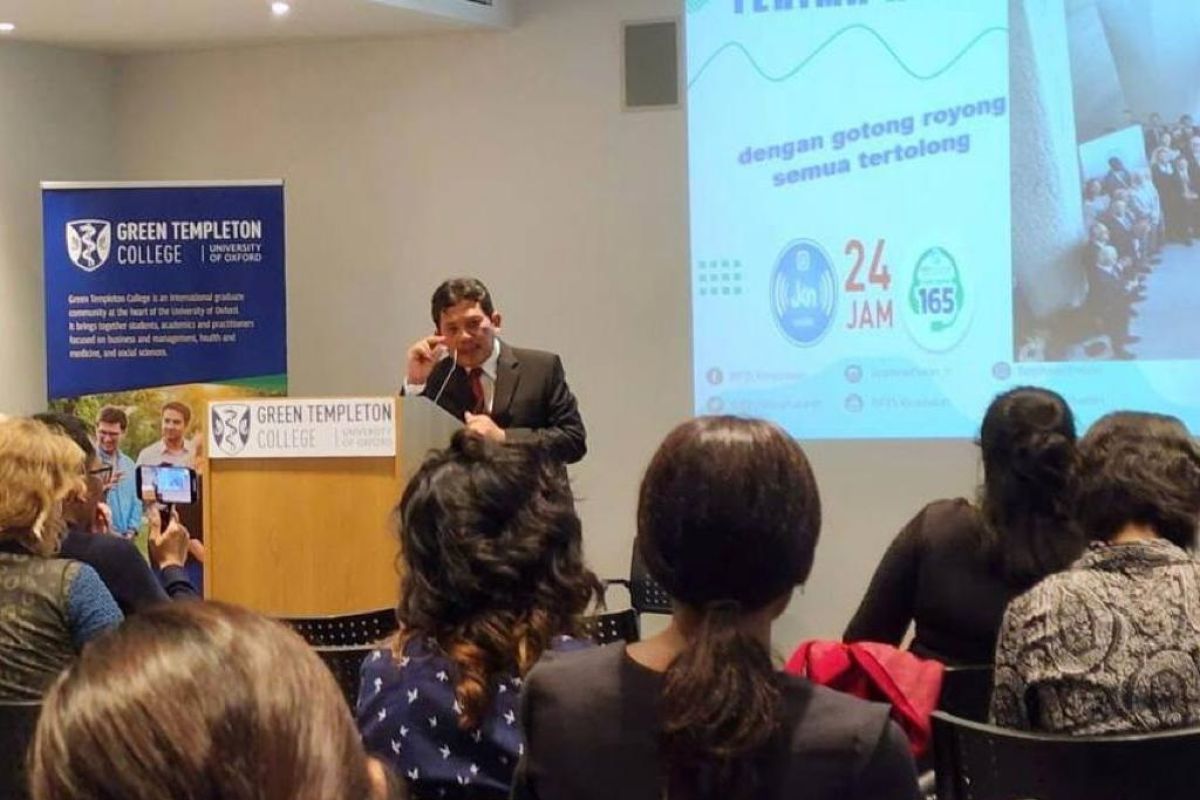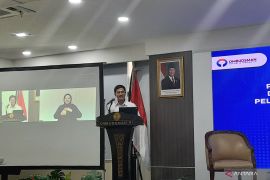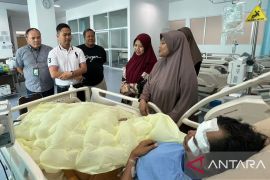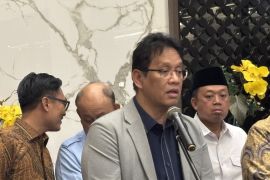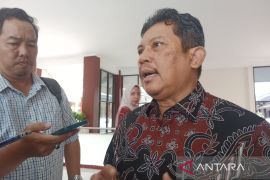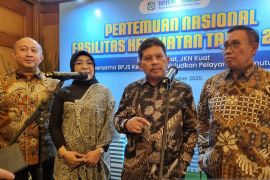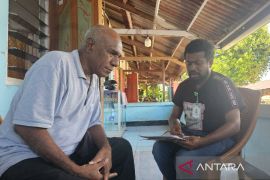President Director of BPJS Kesehatan, Ghufron Mukti explained, currently the number of JKN program participants in Indonesia has reached 256.8 million people or more than 92% of the total Indonesian population. It needs to be appreciated because Indonesia only needs less than 10 years to achieve this figure.
"Although it seems that the UHC target is in sight, the process to reach this number requires hard work from all parties, from the government, medical personnel, health facilities and the community itself," said Ghufron as a speaker at Green Templeton College, University of Oxford, Thursday (29/06).
Ghufron said that the presence of the JKN Program brought extraordinary progress for Indonesia. Through the achievements of the UHC of JKN Program, the state ensures that all levels of society can access equal and quality health services.
"Indonesia has undertaken sweeping reforms that only a few multi-payer countries have been able to achieve. Indonesia has consolidated more than 300 risk pools into one risk pool, thereby enabling subsidies from the healthy participants to the sick participants, from the working population to those who don't work.
BPJS Kesehatan is presented by the state as a single payer for health services to maximize the quality, efficiency and sustainability of the JKN program," said Ghufron.
He continued, the acceleration of UHC achievements in Indonesia was also accompanied by an expansion in the number of health facilities that collaborated with BPJS Kesehatan. Currently, BPJS Kesehatan has collaborated with 23,486 First Level Health Facilities (FKTP) and 2,956 Advanced Level Referral Health Facilities (FKRTL). The purpose of the cooperation is to provide easy access of healthcare service for all Indonesian people.
On this occasion, Ghufron also explained a number of concrete steps in accelerating UHC achievements in Indonesia. For example, presenting the Mapping, Sorting, Advocacy, Registration (PESIAR) program to increase participation coverage, and reduce poverty rates to achieve Healthy Prosperous Villages. Then providing teleconsultation and telemedicine services for JKN participants who have limited access to services.
In addition, BPJS Kesehatan has also developed more than 950,000 payment channels, such as auto debit, BPJS Kesehatan partner banking network facilities (ATM, mobile banking, internet banking) and market outlets. BPJS Kesehatan also simplifies referral procedures for thalassemia major, hemophilia and hemodialysis patients who routinely receive treatment at the hospital and iterate drug prescriptions.
"Participants' need for convenience in obtaining health insurance is getting higher. Moreover, with the UHC target, BPJS Kesehatan is trying to meet the needs of participants through the customer journey. Currently JKN participants no longer need to wait and queue for long at health facilities, because they can take queue numbers online anywhere through the Mobile JKN Application. Waiting time at health facilities is reduced from an average of 6 hours in 2020 to 2.5 hours in 2023. Promotion, prevention, screening and consultation services are also strengthened, so that not only JKN participants who are sick who can take advantage of JKN services but also the healthy participants," said Ghufron.
Meanwhile, the implementation of the JKN Program has also become a concern for the international community. The program organized by BPJS Kesehatan received full appreciation from the University of Oxford academic community.
The Pro-Vice Chancellor for Education at the University of Oxford, Martin Williams, expressed his appreciation to BPJS Kesehatan for its success in organizing the JKN Program. Thanks to the commitment shown in efforts to improve service quality, his party sees the potential for collaboration with BPJS Kesehatan. For this reason, in the future, his party will build cooperation in the field of competency development for management and all BPJS Health Ambassadors.
Reporter: PR Wire
Editor: PR Wire
Copyright © ANTARA 2023
